
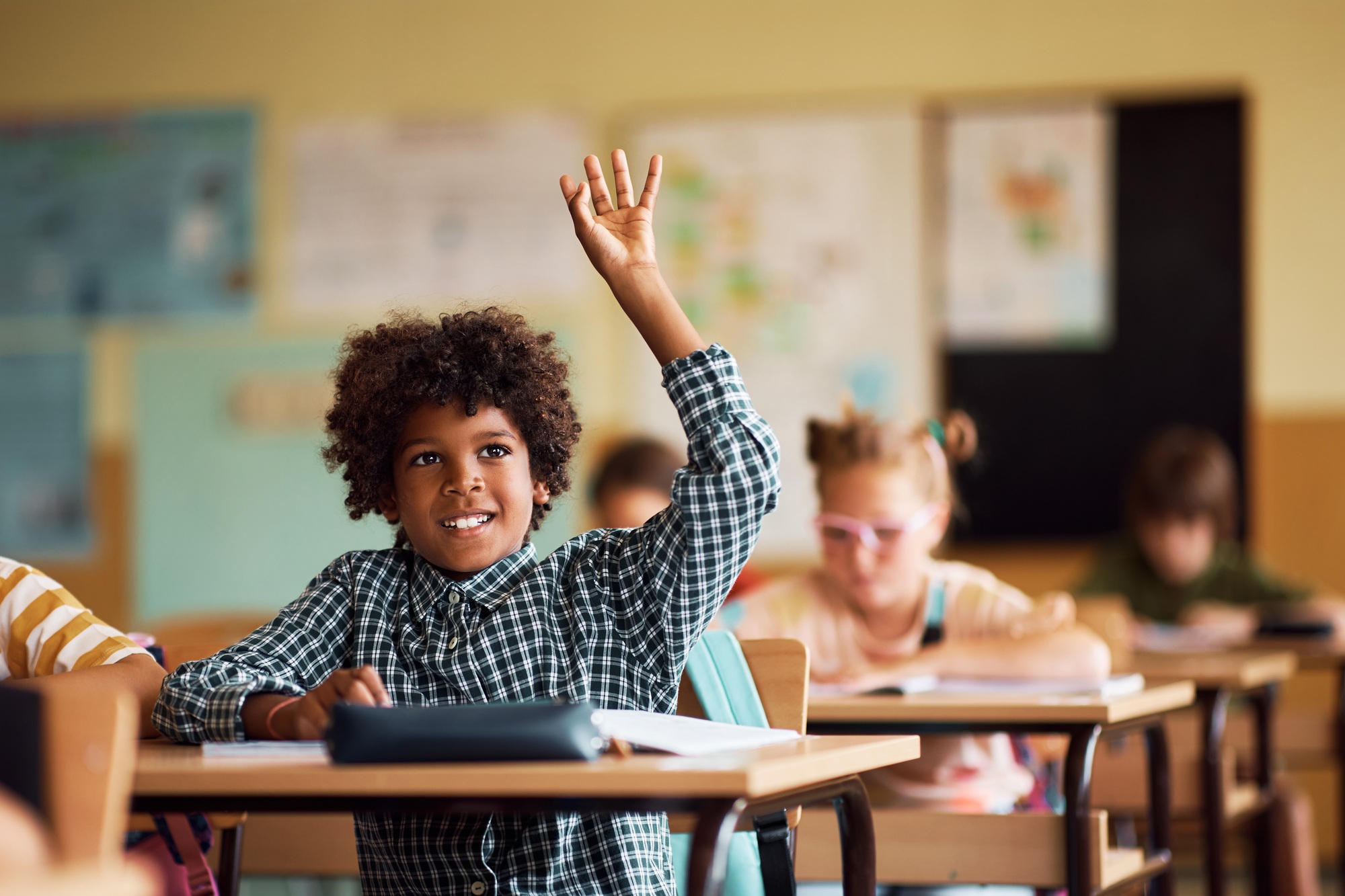
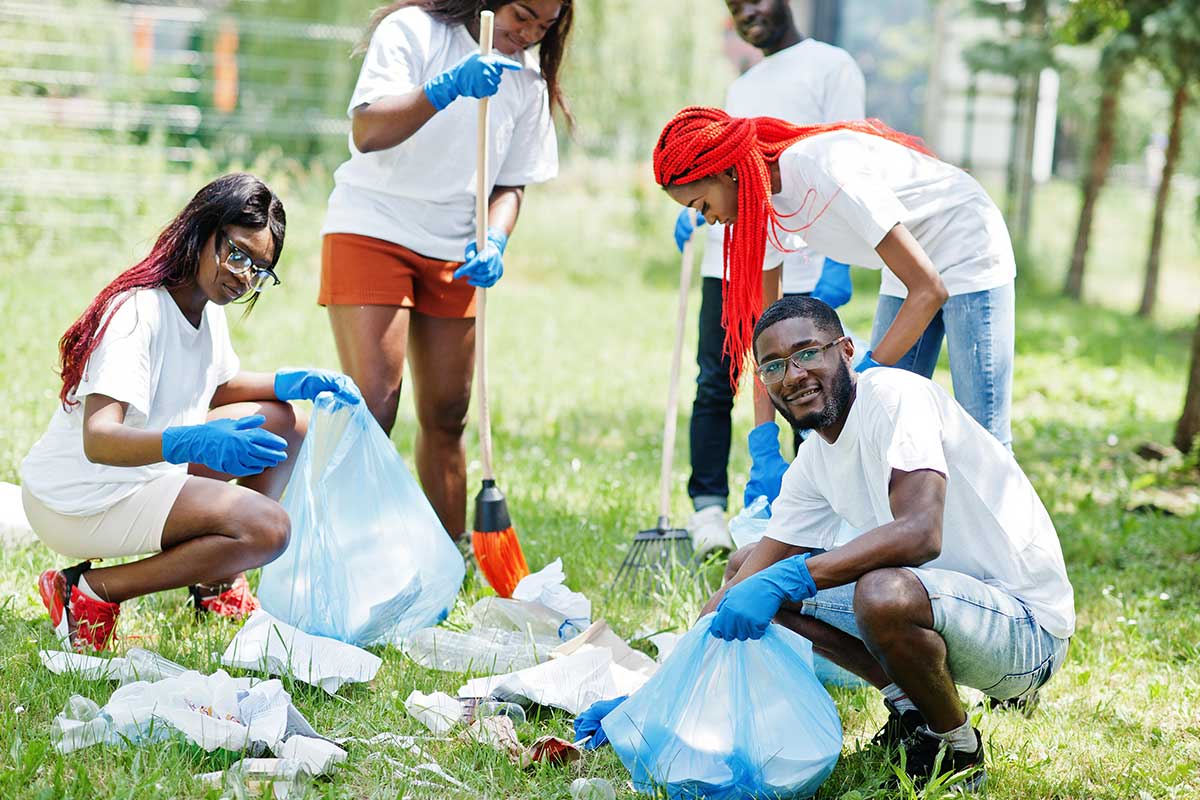
Discover how children in Africa’s smallest mainland country are navigating early marriage, school dropout, and poverty — and how local champions are helping them stay safe, educated, and heard.
The Gambia is peaceful and proud, stretching like a ribbon along its river. But despite relative stability, its children face systemic barriers that prevent them from reaching their full potential. These are the three most urgent challenges they face:
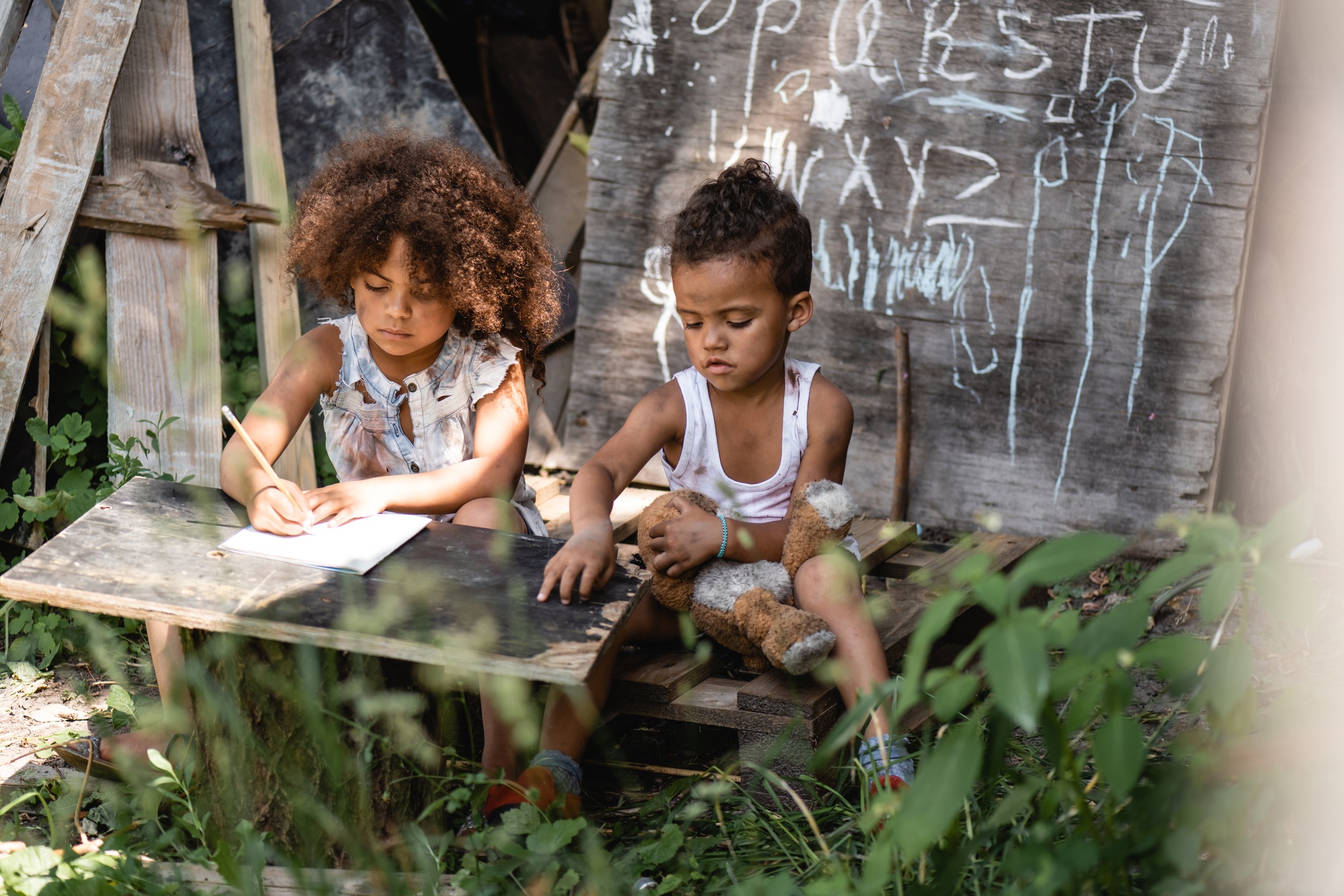
Nearly 1 in 3 girls is married before the age of 18. Harmful traditional practices like child marriage and FGM continue in some rural areas, limiting girls’ freedom, education, and safety.
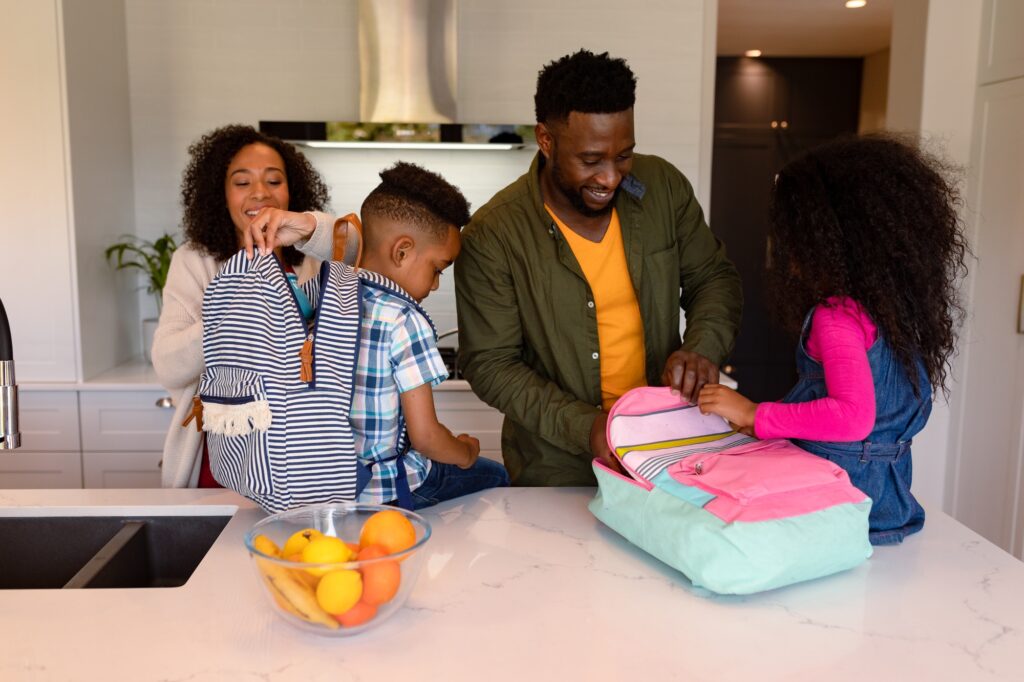
While access to primary education has expanded, poverty, long distances, and social pressure keep many children — especially girls — from staying in school. Secondary school attendance is still low in remote areas.
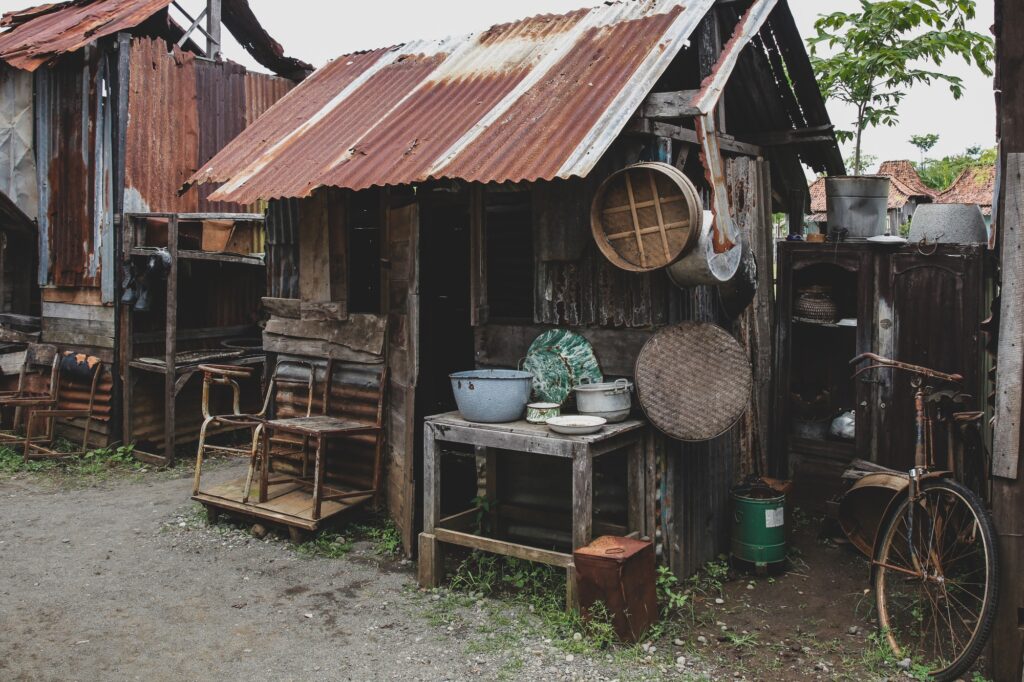
Many children live in households with no stable income or social safety net. Child labor, food insecurity, and limited access to basic health care are common, especially outside Banjul.
Founded by survivors, Safe Hands for Girls works across rural Gambia to end female genital mutilation (FGM) and early marriage through advocacy, education, and safe spaces. They provide counseling, school support, and leadership training for girls at risk.
The organization also engages religious leaders and parents to shift community norms and promote girls’ rights from within.
Their work is saving bodies, protecting futures, and changing minds.

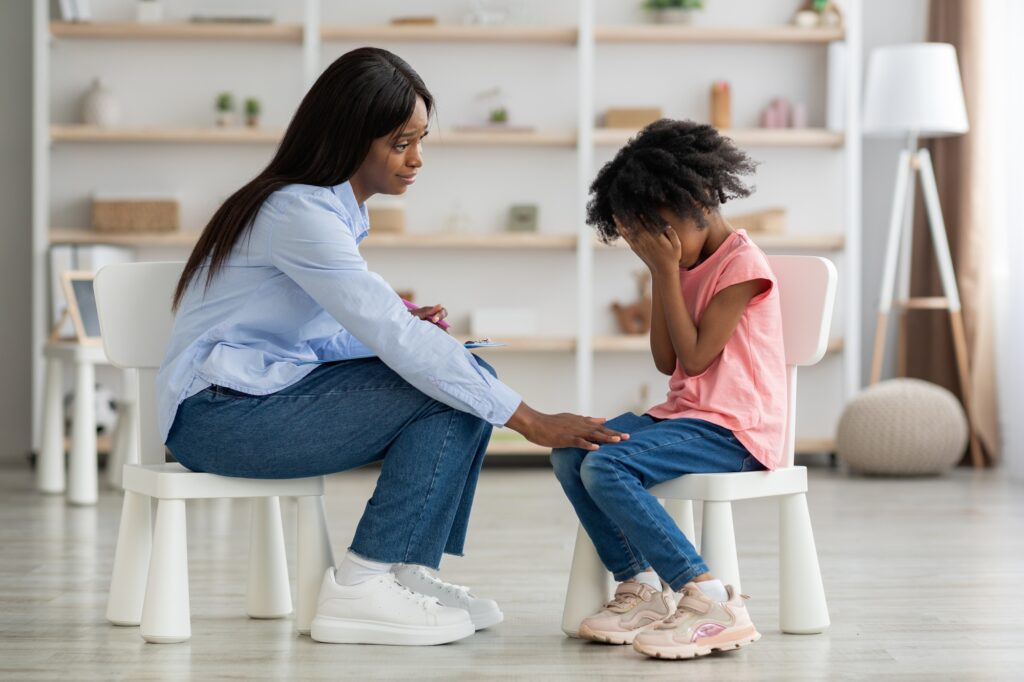
Operating in rural villages and river regions, CYA helps children and youth access reproductive health education, scholarships, and school retention support. They also organize youth dialogues around abuse, consent, and mental health.
With youth-led peer educators, CYA brings taboo topics into the open — and offers safe spaces for healing and growth.
They’re not just teaching — they’re listening, and responding.
In 2023, Safe Hands for Girls organized the Girls’ Caravan, a mobile education and advocacy project that traveled to rural villages, holding workshops on early marriage, health, and girls’ rights.
With songs, performances, and open forums, the caravan brought girls and parents together — many speaking publicly for the first time. Free learning materials were distributed, and dozens of girls were enrolled in school follow-up programs.
The caravan didn’t just raise awareness — it built trust, and inspired action.


In 2024, local teachers and parents in Kiang West partnered with CYA to restart a defunct school lunch program that had once kept students enrolled. Using donations and local farm partnerships, they began serving rice, beans, and groundnut stew daily.
Attendance jumped within weeks. Children stayed for afternoon lessons and returned more energized.
The program proved that sometimes the path to education starts with a full stomach.
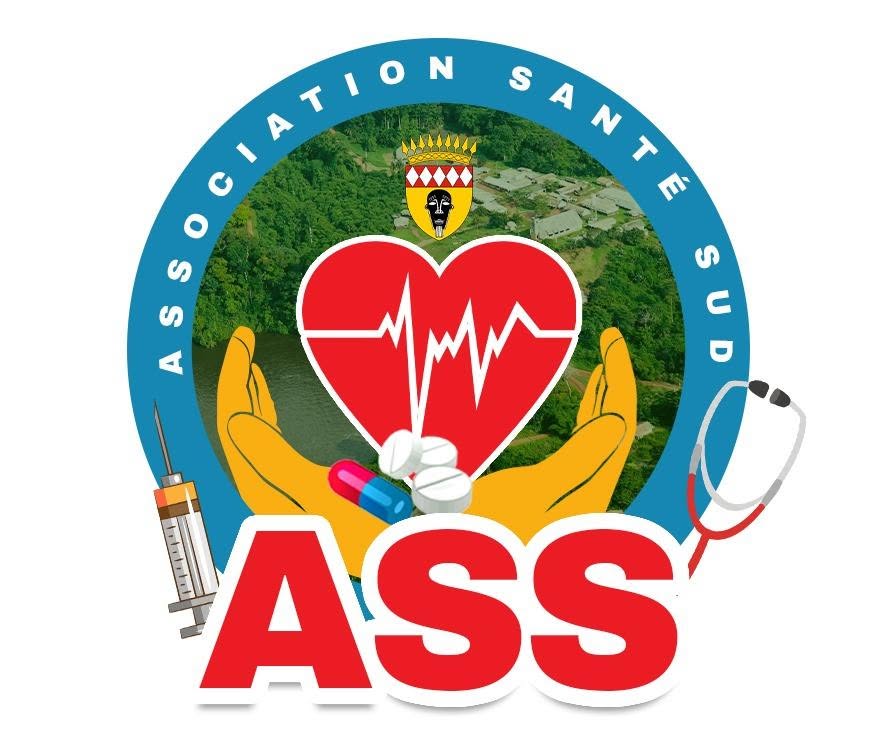
Very unique nonprofit (description coming soon)

Very unique nonprofit (description coming soon)
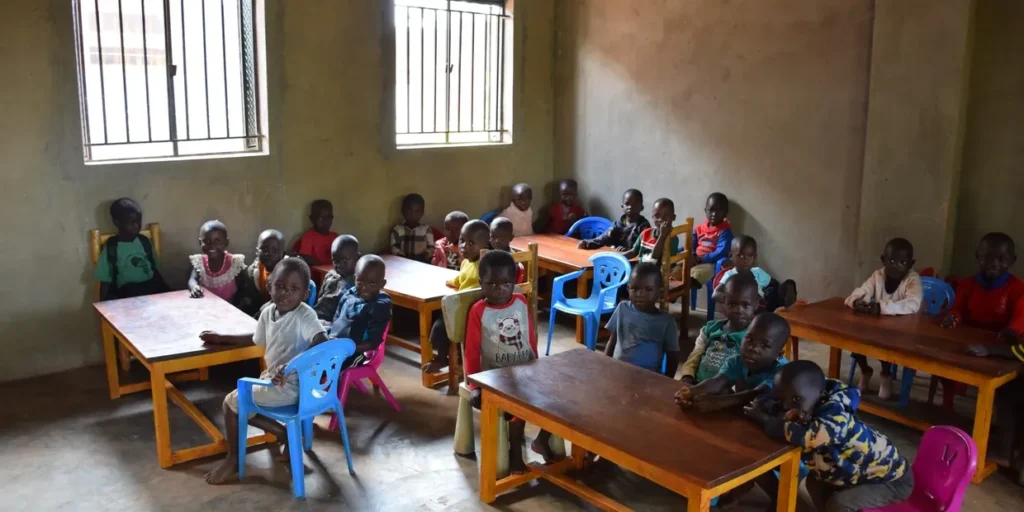
Very unique nonprofit (description coming soon)
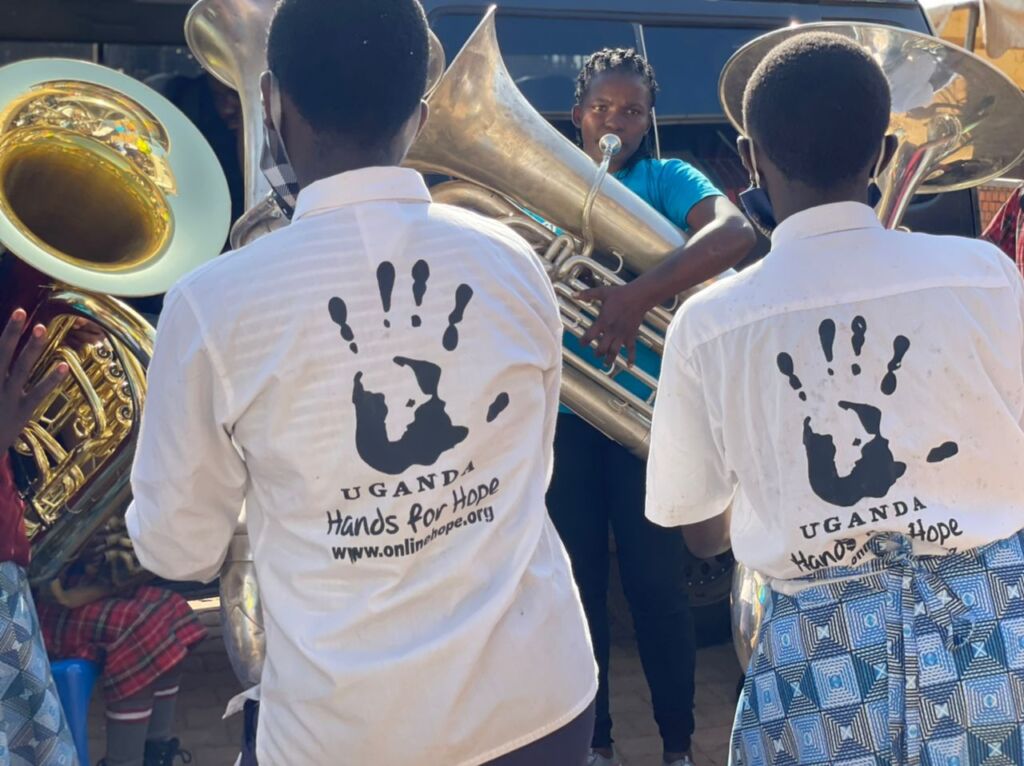
Very unique nonprofit (description coming soon)
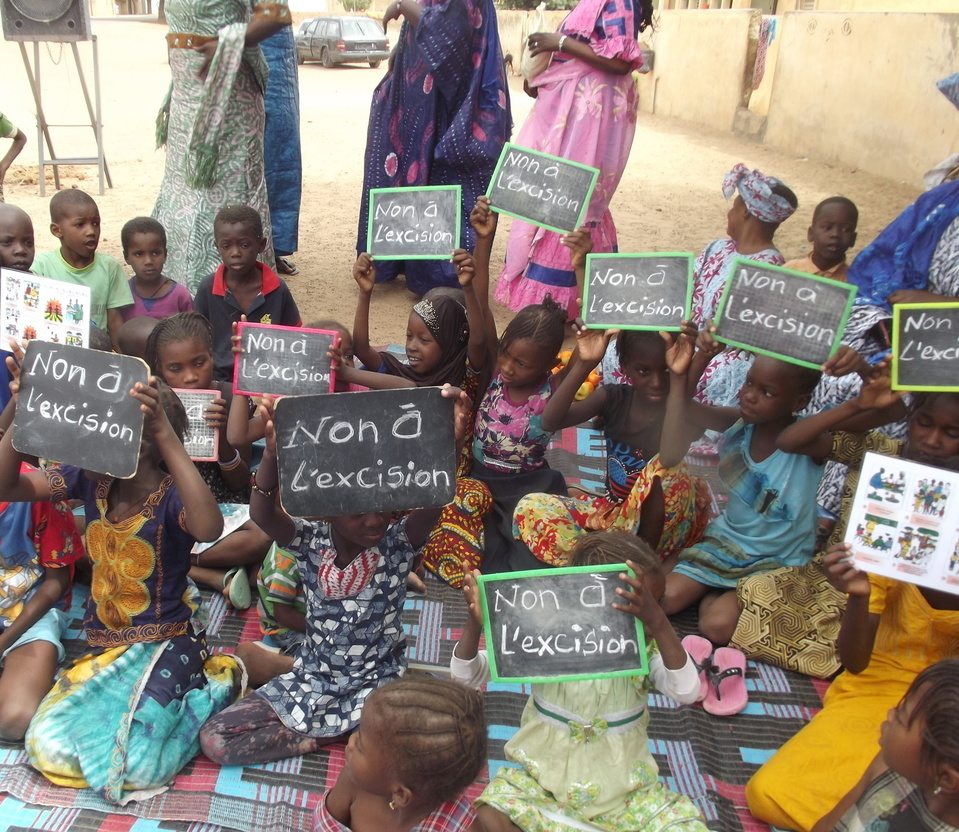
Very unique nonprofit (description coming soon)
Copyright © 2025 iam4allkids . All rights reserved.